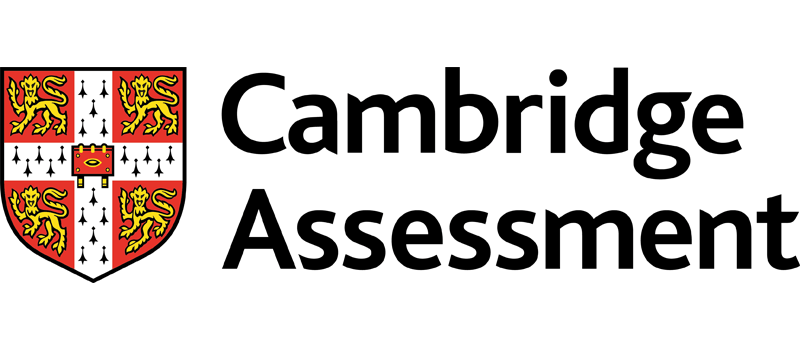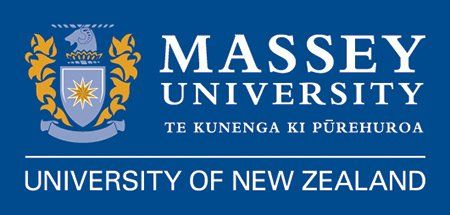
PROJACS Program on Leadership
Course ID: 2509084501270EGI
Course Dates : 08/09/25 Course Duration : 5 Studying Day/s Course Location: Istanbul, Turkey
Language: Bilingual
Course Category: Professional and CPD Training Programs
Course Subcategories: Leadership and Management Excellence
Course Certified By: * Projacs Academy
* Professional Training and CPD Programs
Certification Will Be Issued From :
KSA
Course Fees: £3,424.06
Vat Not Included in the price. VAT may vary depending on the country where the course or workshop is held.
Click to Pay
Date has passed please contact us Sales@e-s-hub.com
Course Information
Introduction
Leadership is a cornerstone of organizational success, serving as the driving force behind innovation, collaboration, and sustainable growth. In an era marked by rapid technological advancements, shifting workforce dynamics, and evolving consumer expectations, effective leadership has become more critical than ever. Organizations are increasingly recognizing that their long-term viability depends not only on strategic planning but also on cultivating leaders who can inspire teams, navigate complexity, and foster resilience. This program addresses the pressing need for high-caliber leadership training by equipping participants with the tools, frameworks, and insights necessary to excel in diverse professional contexts.
The gap between theoretical leadership models and their practical implementation often leaves professionals grappling with challenges such as low employee engagement, ineffective communication, and resistance to change. While many leaders possess technical expertise, they frequently lack the adaptive skills required to address ambiguous situations or align team efforts with overarching goals. For instance, the failure of Blockbuster to adapt to digital disruption underscores how poor leadership decisions can lead to obsolescence. By integrating established theories—such as transformational leadership, emotional intelligence, and systems thinking—this course bridges the divide between theory and practice, enabling participants to tackle real-world problems with confidence.
Participants will gain access to cutting-edge research and industry trends that illuminate the evolving nature of leadership. Concepts like servant leadership and agile methodologies have gained traction in recent years, reshaping traditional notions of authority and decision-making. These approaches emphasize empathy, inclusivity, and flexibility, which are essential for thriving in today’s interconnected global economy. A notable example is Microsoft’s resurgence under Satya Nadella, whose emphasis on growth mindset and cultural transformation revitalized the company’s performance and reputation.
For individuals, mastering leadership principles translates into enhanced career prospects, greater influence within their organizations, and the ability to drive meaningful impact. Leaders who demonstrate strong interpersonal skills and strategic acumen are better positioned to secure promotions, mentor others, and contribute to organizational success. At the organizational level, investing in leadership development yields measurable benefits, including improved productivity, higher retention rates, and a culture of continuous improvement. According to Gallup, companies with highly engaged workforces experience 21% higher profitability—a testament to the pivotal role of effective leadership.
Real-world applications abound across industries. Consider the case of healthcare administrators who must balance patient care with operational efficiency during crises like pandemics. Equipped with advanced leadership competencies, these professionals can mobilize resources, communicate transparently, and maintain morale amidst uncertainty. Similarly, educators tasked with fostering inclusive learning environments rely on leadership skills to manage diverse classrooms and implement innovative pedagogical strategies. By drawing upon such examples, this program ensures that participants can immediately apply what they learn to their unique contexts.
Ultimately, this high-level program on leadership represents a transformative opportunity for professionals seeking to elevate their capabilities and make lasting contributions to their organizations. Through rigorous instruction, interactive exercises, and actionable insights, participants will emerge prepared to confront contemporary challenges head-on while inspiring those around them to achieve excellence.
Objectives
By attending this course, participants will be able to:
Analyze key leadership theories and frameworks to identify best practices for specific organizational contexts.
Evaluate individual leadership styles using self-assessment tools and feedback mechanisms to enhance personal effectiveness.
Design comprehensive strategies for fostering team cohesion, motivation, and accountability.
Apply conflict resolution techniques to resolve disputes and promote constructive dialogue among stakeholders.
Implement change management methodologies to guide teams through periods of transition successfully.
Develop communication plans tailored to diverse audiences, ensuring clarity and alignment with organizational objectives.
Assess ethical dilemmas and propose solutions that uphold integrity and corporate responsibility.
Who Should Attend?
This course is ideal for:
Mid-to-senior-level managers aiming to refine their leadership capabilities and prepare for executive roles.
HR professionals responsible for talent development and succession planning initiatives.
Consultants and coaches seeking to expand their repertoire of leadership interventions and frameworks.
Educators and trainers interested in incorporating leadership principles into curriculum design or workshop facilitation.
Entrepreneurs and business owners looking to build resilient teams and scale their operations effectively.
These groups will find the course invaluable due to its focus on practical applications, evidence-based strategies, and opportunities for peer networking. While prior exposure to leadership concepts is beneficial, the program accommodates both intermediate learners and advanced practitioners, offering differentiated content to suit varying levels of expertise.
Training Method
• Pre-assessment
• Live group instruction
• Use of real-world examples, case studies and exercises
• Interactive participation and discussion
• Power point presentation, LCD and flip chart
• Group activities and tests
• Each participant receives a 7” Tablet containing a copy of the presentation, slides and handouts
• Post-assessment
Program Support
This program is supported by:
* Interactive discussions
* Role-play
* Case studies and highlight the techniques available to the participants.
Daily Agenda
The course agenda will be as follows:
• Technical Session 08.30-10.00 am
• Coffee Break 10.00-10.15 am
• Technical Session 10.15-12.15 noon
• Coffee Break 12.15-12.45 pm
• Technical Session 12.45-02.30 pm
• Course Ends 02.30 pm
Course Outlines
Foundations of Leadership
Understanding classical and contemporary leadership theories (Trait Theory, Transformational Leadership).
Exploring the role of emotional intelligence in leadership effectiveness.
Conducting self-assessments to identify strengths and areas for improvement.
Establishing a personal leadership development plan.
Day 2:
Building High-Performance Teams
Defining characteristics of high-performing teams and factors influencing group dynamics.
Techniques for enhancing collaboration, trust, and psychological safety.
Strategies for motivating teams through recognition and goal-setting.
Addressing common barriers to teamwork, such as silos and miscommunication.
Day 3:
Navigating Change and Conflict
Principles of change management and Kotter’s 8-Step Model.
Identifying sources of conflict and applying mediation techniques.
Leveraging diversity and inclusion to drive innovation and adaptability.
Case study analysis: Lessons from successful organizational transformations.
Day 4:
Strategic Communication and Influence
Crafting persuasive messages for different audiences and platforms.
Utilizing storytelling as a tool for inspiring action and building rapport.
Negotiation tactics for achieving win-win outcomes.
Managing difficult conversations with tact and diplomacy.
Day 5:
Ethics, Accountability, and Future Trends
Ethical decision-making frameworks and their implications for leadership.
Promoting accountability at all levels of the organization.
Emerging trends in leadership, including AI-driven insights and remote work adaptations.
Final project presentations and reflections on personal growth.



















































